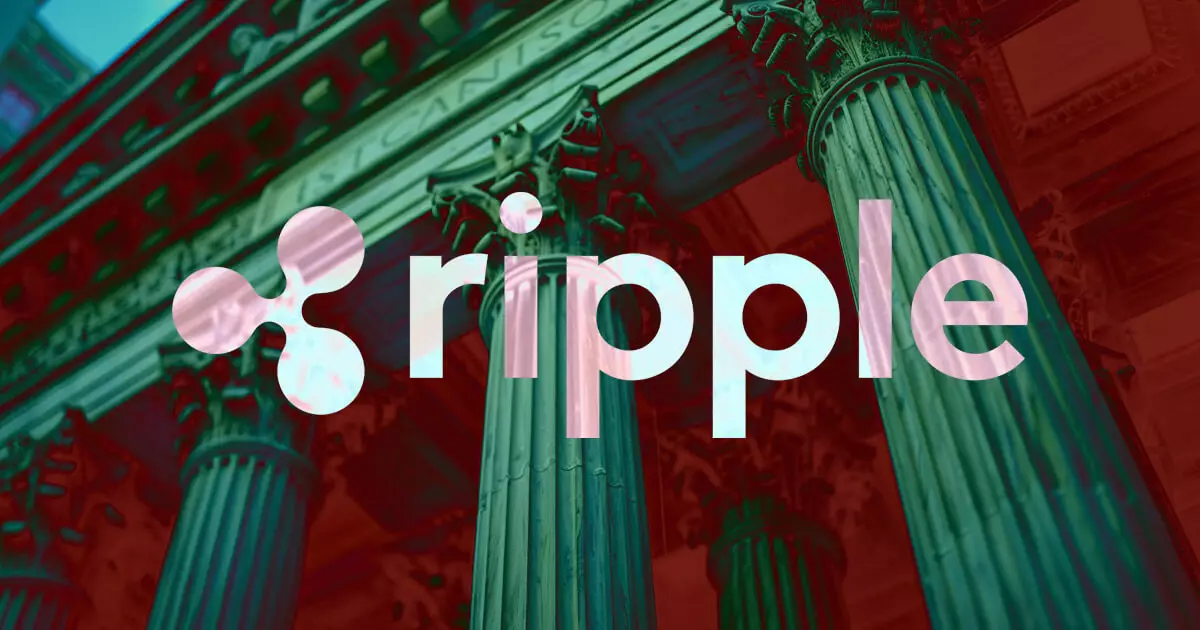Ripple, a prominent cryptocurrency company, is facing legal challenges following approval of a lawsuit in California. The lawsuit alleges that CEO Brad Garlinghouse made misleading statements that influenced investors to put their money into the digital asset XRP. The case is set to go to trial, where a jury will determine the veracity of the claims made against Garlinghouse.
Ripple has attempted to dismiss the accusations of misleading statements by arguing that XRP is not a security. However, Judge Phyllis Hamilton pointed out that even if XRP is not technically classified as a security, it could still be viewed as such when sold to non-institutional investors. The judge cited the expectation of profit from investors as a crucial factor, potentially aligning with the parameters of the Howey Test.
Judge Hamilton also took into account Ripple’s efforts to promote the use of XRP in various applications, including cross-border payments. These actions, according to the judge, could give investors the impression that they stand to gain profits from investing in XRP. This interpretation further complicates the legal landscape for Ripple and its CEO, raising questions about transparency and disclosure practices within the cryptocurrency industry.
As the legal battle unfolds, Ripple finds itself at a critical juncture where its reputation and future trajectory are on the line. The outcome of the trial will not only have implications for the company’s standing within the cryptocurrency market but also set a precedent for how regulatory bodies view digital assets and their potential classification as securities. The broader implications of this case extend beyond Ripple to the entire cryptocurrency ecosystem, raising concerns about investor protection and market manipulation.
The legal challenges facing Ripple underscore the complex regulatory environment in which cryptocurrency companies operate. As the industry continues to evolve, issues of transparency, accountability, and investor protection will remain central to ensuring the long-term viability of digital assets. The outcome of this lawsuit will undoubtedly shape the future of Ripple and set important precedents for how similar cases are handled in the future.

